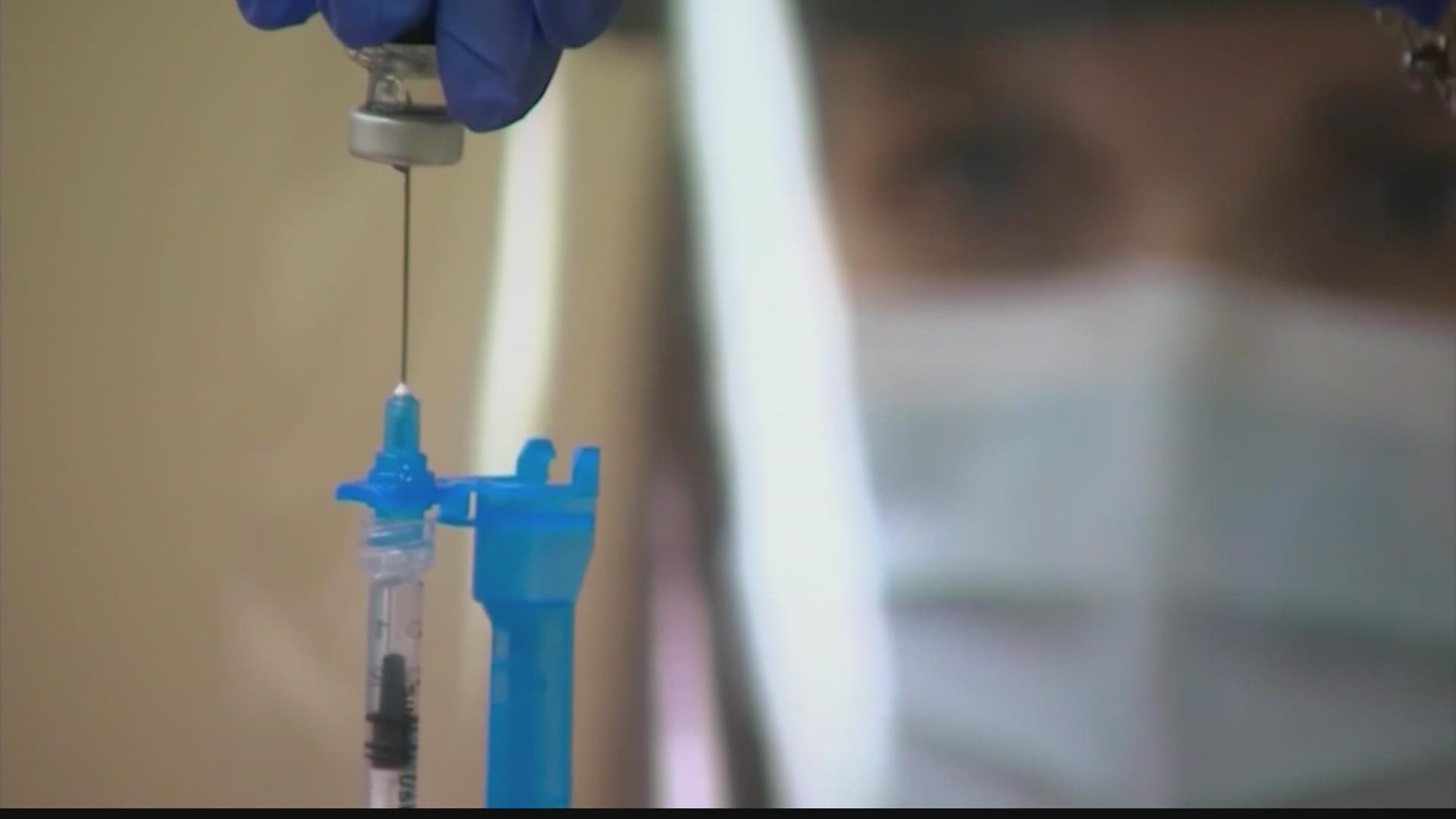BIRMINGHAM, Ala. — The Omicron COVID-19 variant is the fifth designated variant of concern, according to the World Health Organization.
"It changes the virus' ability to infect, to cause severe disease, or to avoid some of the measures that we take as a population to not be affected by it, so things like vaccinations, mask-wearing, social distancing," said University of Alabama at Birmingham Division of Infectious Disease Director Jeanne Marrazzo.
The steps we're already taking to prevent the spread of COVID-19 could potentially not be enough to prevent the spread of the Omicron Variant.
"There could be enough mutations to affect, not only its ability to bind, which would make it potentially more infectious, but also the ability of antibodies that are produced from the current vaccine, or even previous infection with Delta for example that might reduce the vaccine's efficacy," said Marrazzo.
The new Omicron variant was first detected by molecular surveillance in South Africa, where cases have gone up. It's important to note that this doesn't necessarily mean there is a correlation between the two.
There's still a lot that isn't known about the new variant, but Marrazzo's message is clear:
"Be cautious. Continue to get vaccinated if you haven't been. Get your booster shot if you haven't had it. And, for now, wear a mask if you're going to be in a place where you're concerned about getting infected."

